
Click on image to enlarge
National identity is the pillar of individual affiliation with a state or nation. It is the catalyst that drives people to do their best for the sake of the homeland, including sacrificing their lives in support of a country and protecting its achievements. In this strong affiliation lies, absolutely, the success of Croatian people’s magnificent victory over the brutal and genocidal Serb-led aggressor in the 1990’s.
It is without doubt that national identity plays a vital role in guaranteeing progress, prosperity, security and stability of any country. It is a homeland that, in its truest sense, safeguards human dignity, ensures happiness and a decent livelihood for its citizens, who, wherever they go, have pride in belonging to that homeland, which, in turn, is proud of its people. Globalisation has contributed to changes in both the notion and nature of national identity across the world. With technology and communication advances and freedom of movement, with globalisation came the so-called global society but this new global society is no alternative to national identity. It bears no hallmarks of individual sacrifice for greater good, it bears no sense of belonging, which is one of the basic needs human beings have in life.
But, in Croatia, things have gone terribly wrong especially since the minority governments started forming governments with Croatian Serb minority leaders who did not (during the 1990’s Croatian War of Independence) and still do not see Croatia as their homeland but rather see Serbia as their homeland. Hence, even the age-old Croatian greeting and salute “For Homeland Ready” (Za Dom Spremni) has been the target of vicious attacks, constant bombardments and barrages of humiliation and bullying aimed at Croatian people who hold their homeland dear; these bombardments come and came through historical lies devised by no other than the Serb-led communists of Former communist Yugoslavia.
At this time in particular, when the Croatian government has evidently dropped the superior importance of Croatian homeland for Croatian national identity and callously works hand-in-hand with the Serb minority leaders in Croatia to run to the ground the very positive and elating emotion in loving the homeland that had preserved and saved from perish the Croatian nation through centuries and particularly the 20th century, it is good to remind ourselves of the importance of knowing our true history.
Serbia has not given up its sights on access to the sea – the Adriatic Sea! Since 1918, when it managed to create a Kingdom that would include Croatian territory even though the Croatian Parliament never wanted nor ratified that it be joined to Serbia in the kingdom, through WWII and after it, when it held wielding power within the Yugoslav Army and ruling communist party and in 1990’s when it brutally attacked Croatia because Croats wanted out of Yugoslavia – Serbia has demonstrated over and over again that it would do anything and everything to have access to the Adriatic and retain command over the fate of Croats in Croatia (and in Bosnia and Herzegovina).
As human beings progress through life building social attachments in order to fulfil their basic needs developmental theories such as those of Jean Piaget suggest that children undergo a socialisation process that moves from the egocentric to the sociocentric. From the perspective of a nation the group satisfies and fulfils sociocultural, economic, and political needs, giving individuals a sense of security, a feeling of belonging, and, of course, prestige. We find that Psychology’s leading theorists (e.g. Abraham Maslow, B,F. Skinner, Sigmund Freud …) agree that the need to belong is a fundamental human motivation; national attachment can fulfil that need and help individuals construct their identity. Henri Tajfel’s social identity theory suggests that a person’s identity is based in part on his or her group (nation), so a group’s status and importance affect the individual’s own. In other words, you want to view your nation as being superior to others to increase your own self-esteem, creating “in-group favouritism” that drives enthusiasm for life and work (example: the classic “U! S! A!” chant; for Croatia “Za Dom Spremni” [For Homeland Ready]).
It would be, therefore, justified to say that we all as human beings have an existential interest in history. Compare a nation which has no interest in its own past with one which has a very pronounced interest in its history and the conclusion usually reached is that the latter may be humanly progressive while the former cannot truthfully be so designated. The knowledge of the past is not only of critical value to the fundamental needs of human beings but also to dealing with the modern problems human beings encounter, for if history does not repeat itself, there are undoubtedly some very striking analogies. If experience is the best teacher for an individual, the same may be said to apply for a nation, which is only an aggregate of individuals. Whether in classrooms or within family unit or on the streets education and knowledge we gather on the history of our and other nations impact significantly on personality and character development of each individual, and, therefore, the nation. If that knowledge is healthy, if it is commensurate with the sense of justice, which all human beings possess albeit in myriad ways or nuances, then a sense of pride is that harmony that defines a progressive nation that satisfies the basic needs of a just and good life each individual within it has.
The English historian Edward Augustus Freeman defined history as “Politics of the past” and Sir John Seeley extended the concept into saying that “History is past politics; and politics present history.” In the case of May 1945 Bleiburg massacres, as well as massacres and murders of multitudes of Croatian people who fought for or were associated with the efforts for an Independent State of Croatia by Yugoslavia’s communists after World War Two, the fact that often vocalised reasons for these mass murders and massacres remain to this day uncondemned on a national level speaks volumes into the truth behind Freeman’s and Seeley’s above mentioned phrase. By the end of the 20th century there was much talk worldwide of the decline of the nation-state: the institutions that had once defined politics appeared to have been bypassed and undermined by ‘globalisation’ on the one hand and consumerist, empowered individuals on the other. It is in this that I argue there is, in this period of the 21st century, significant potential for the “people” to be active in the making of their nation’s history.
We have already experienced the use of the word “revisionism” in a negative, reprimandable, sense when any scientific researcher attempts to look into the history with view to either confirm existing historical records or to disprove them – to set the record right as the popular phrase would say. For the case of a great percentage of Croatian people (who either fought for or yearned for an independent Croatia as the most important parameter defining lasting happiness of Croatian people) revision or research into the history is not only paramount for the Croatian human spiritual and existential importance of truth and facts but also for refusal to live a lie. Limiting history to the 20th century in this article, Croatian people thriving on pride arising from being seen as Croatian nation have suffered greatly, whether by being unwillingly pushed into a union of the Kingdom of Yugoslavia or whether subsequently being persecuted and oppressed by Yugoslavia’s communist regime. As the European Parliament has declared (September 2019) that the Communist regime was criminal regime (as well as Nazism) it is absolutely necessary and essential to research the history of Croatian suffering because it is a fact that hundreds of mass graves of communist crimes victims, hidden and denied by the communists during Yugoslavia era, have been discovered since 1991, i.e. since Croatia seceded from communist Yugoslavia.
Revision and research of history is vital for and meaningful particularly to a nation that has spent the 20th century being denied historical truth and fact. World War Two Jasenovac and Bleiburg massacres have divided the Croatian nation during that century and continue to divide it in the 21st largely because the presented truth and available facts are not something people can safely rely on in formulating or planning for a better future. Put in terms of psychological factors of individuals making up the nation the sense of belonging to a nation is dichotomous; the sense of belonging under one umbrella – Croatian nation – is difficult to develop a sense of belonging when one part of that nation does not see the other as one of their own, and vice versa. This dichotomy within the same nation of people can easily be attributed to the fact that much of the official history of 20th century Croatia has been written with political pen and fabrications and lies, and as such taught at schools and in life. Mixed with home or non-mainstream teachings (teachings by family members of a child, of an offspring or by activists in society) that either differ from, or are same as the claimed official version of the history are a consideration towards a national harmony in belonging for the Croatian nation, indeed, for all former communist countries undergoing transition towards actual truth, whether historical or current.
Challenging the historical events and accounts by Yugoslav/Croatian communists isn’t just an academic issue but has profound implications for the way a Croatian person understands his/her own nationhood. The decades of commemorations of mass murders of Croatian people by Yugoslav communists, the decades of discovering new mass graves of communist crime victims – a thousand of these so far and only a few days ago another one was discovered, the decades of commemorations of thousands fallen at the hands of Serb aggression for the Croatian homeland are our courage and strength to pursue the truth of history and reject the deceit in it injected by the Greater Serbia politics and die hard communists of Yugoslavia/Croatia. Ina Vukic



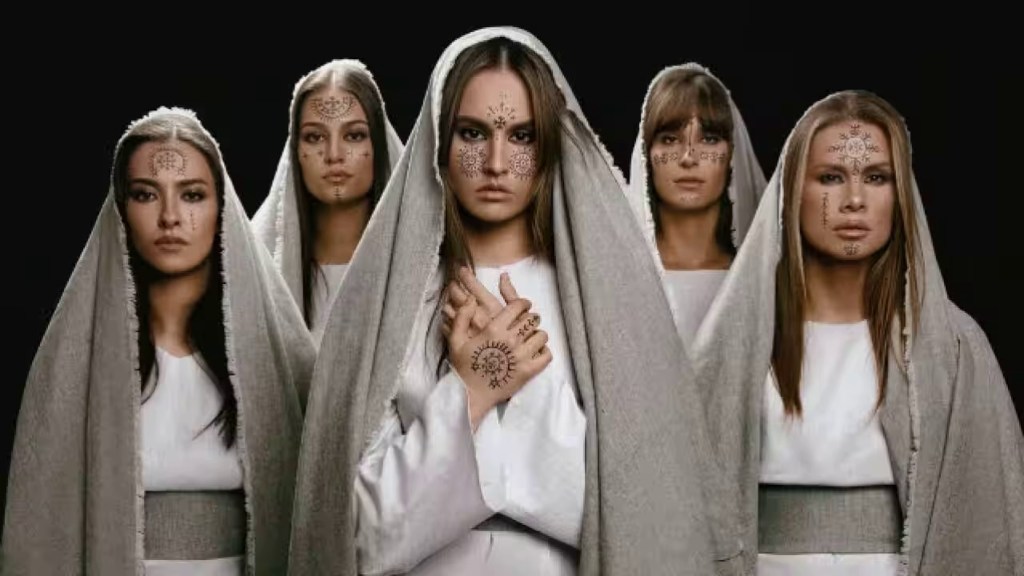
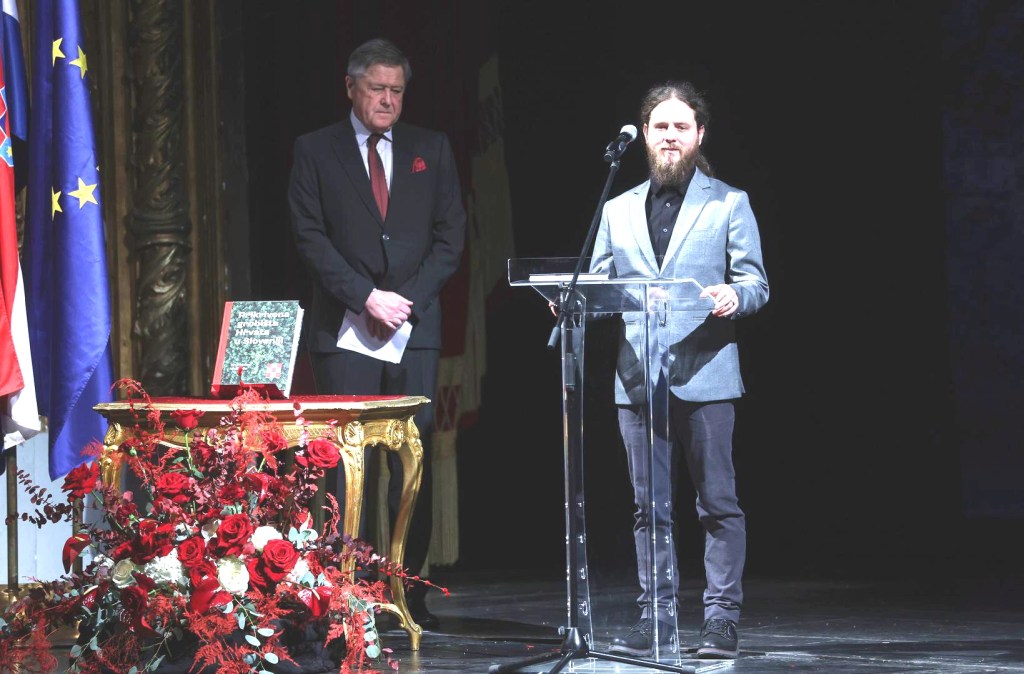
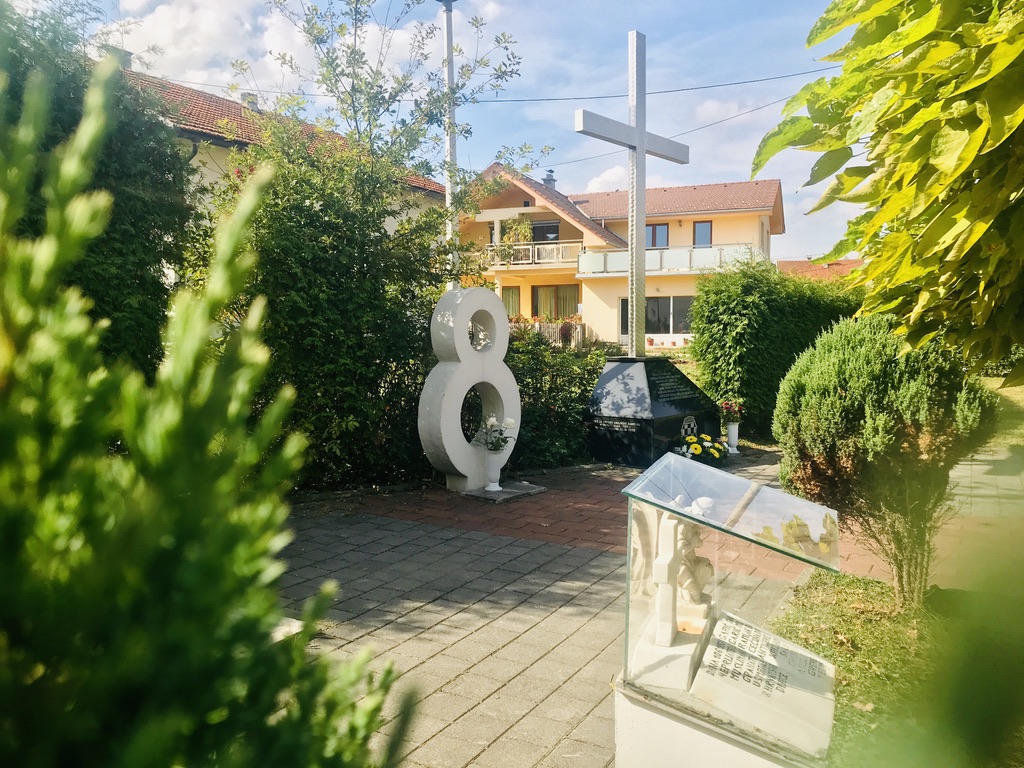
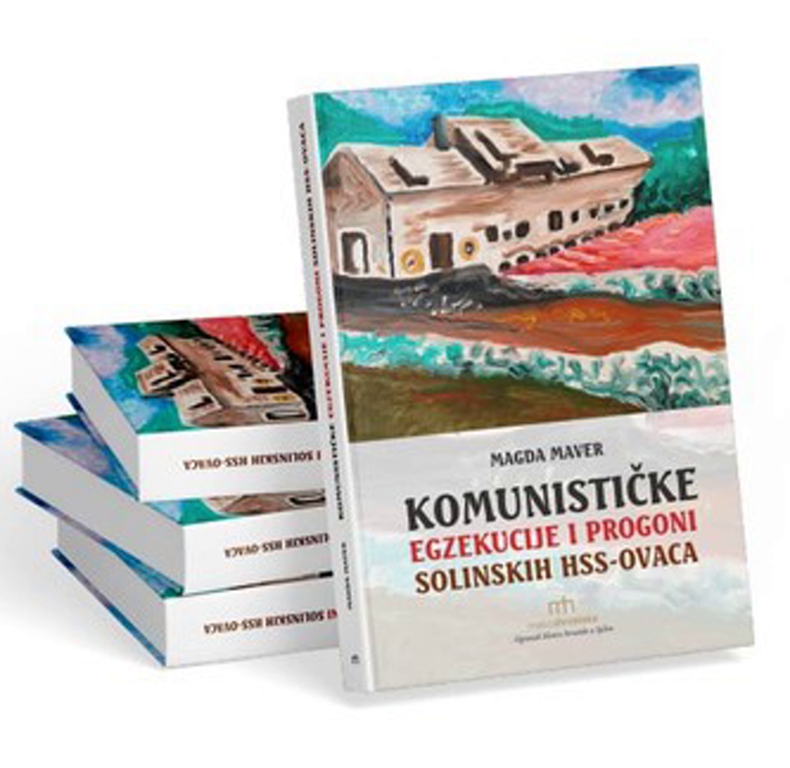
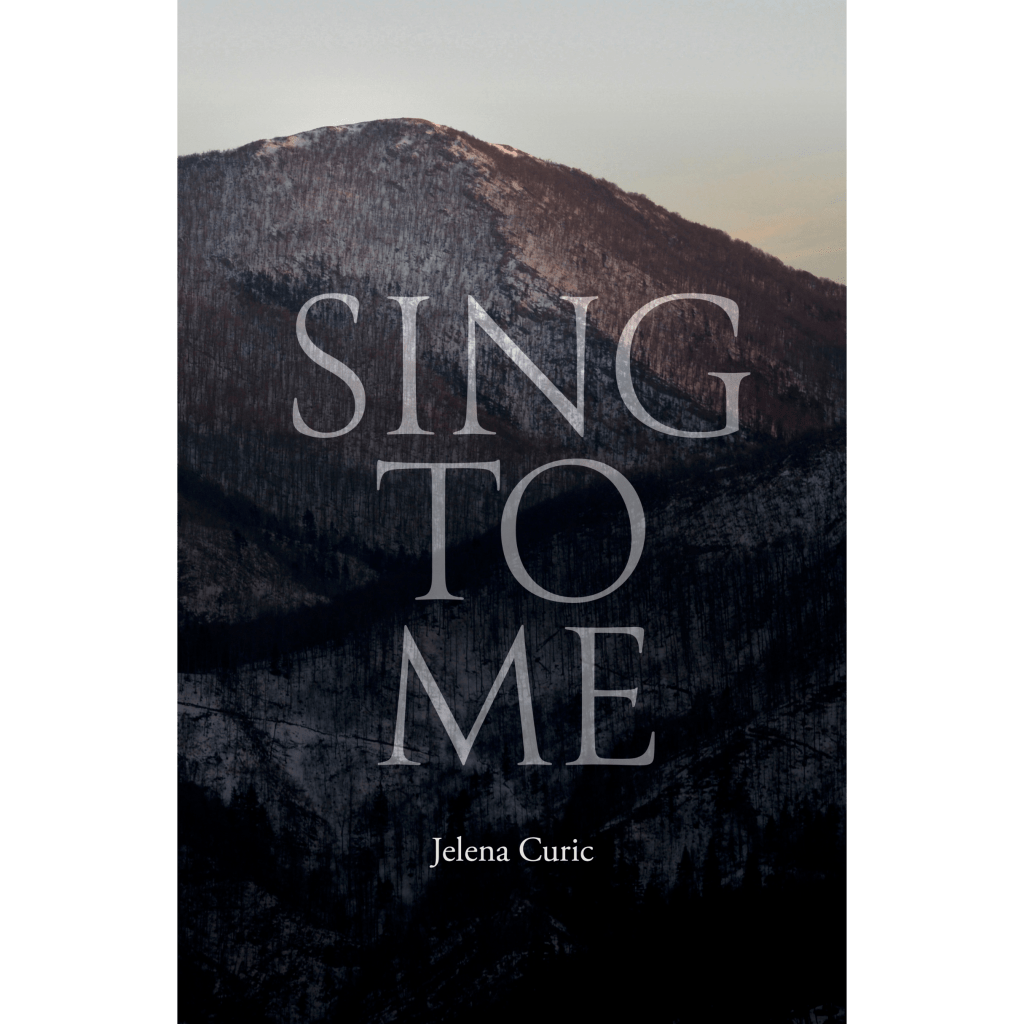
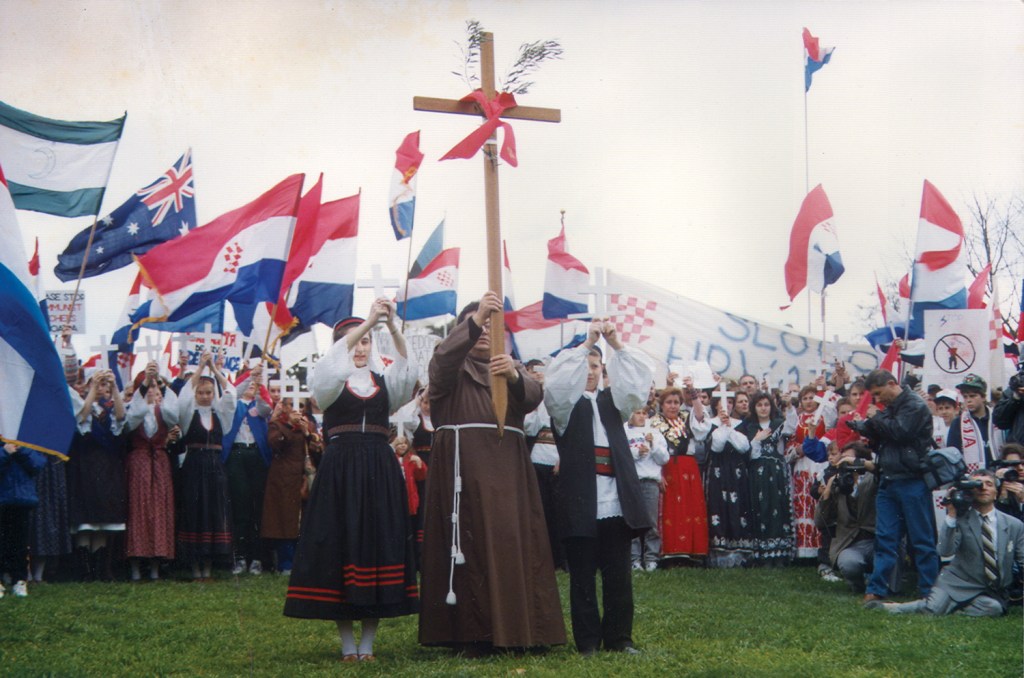
Leave a reply to inavukic Cancel reply